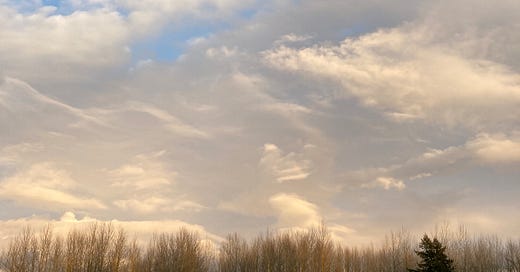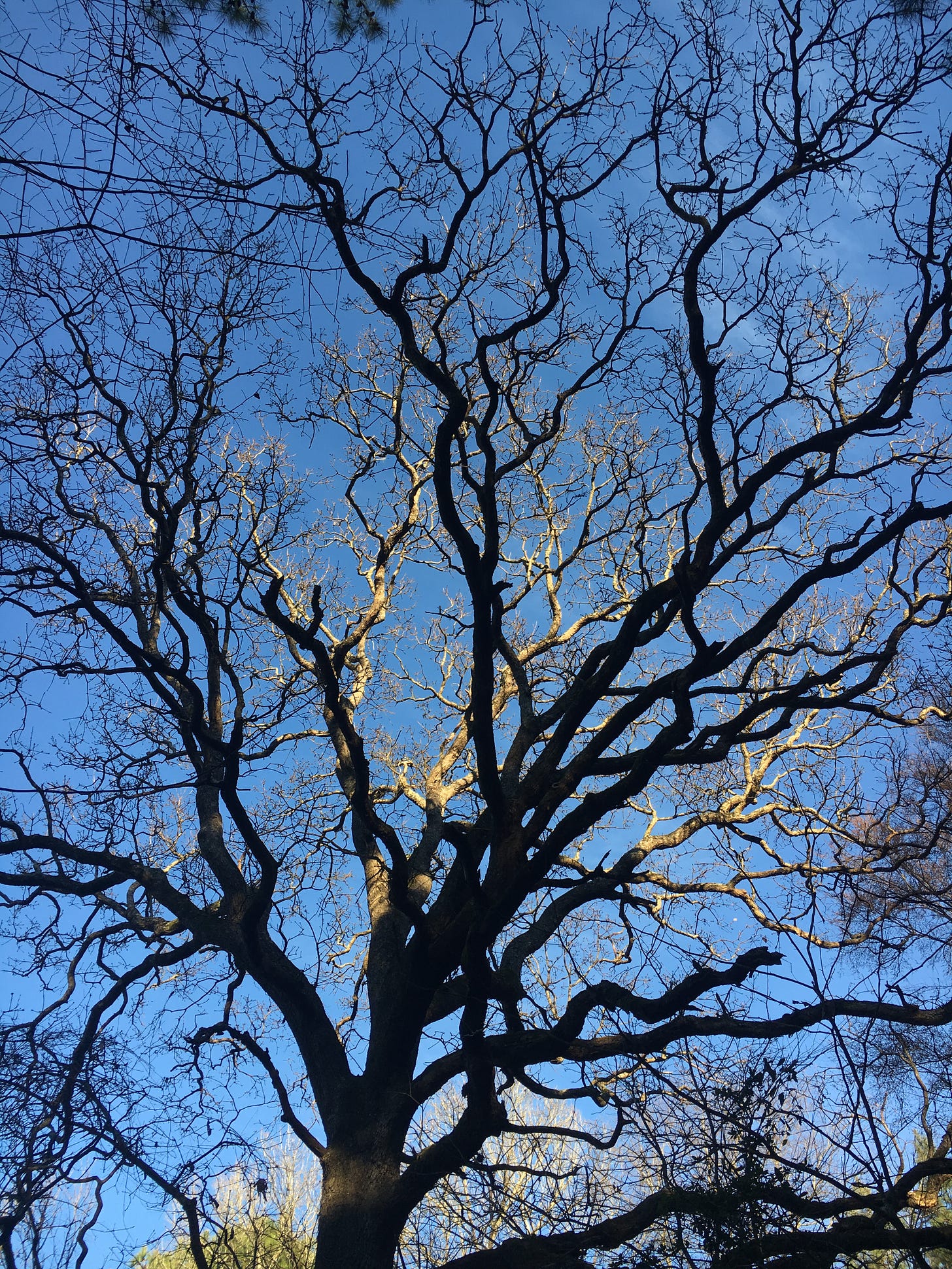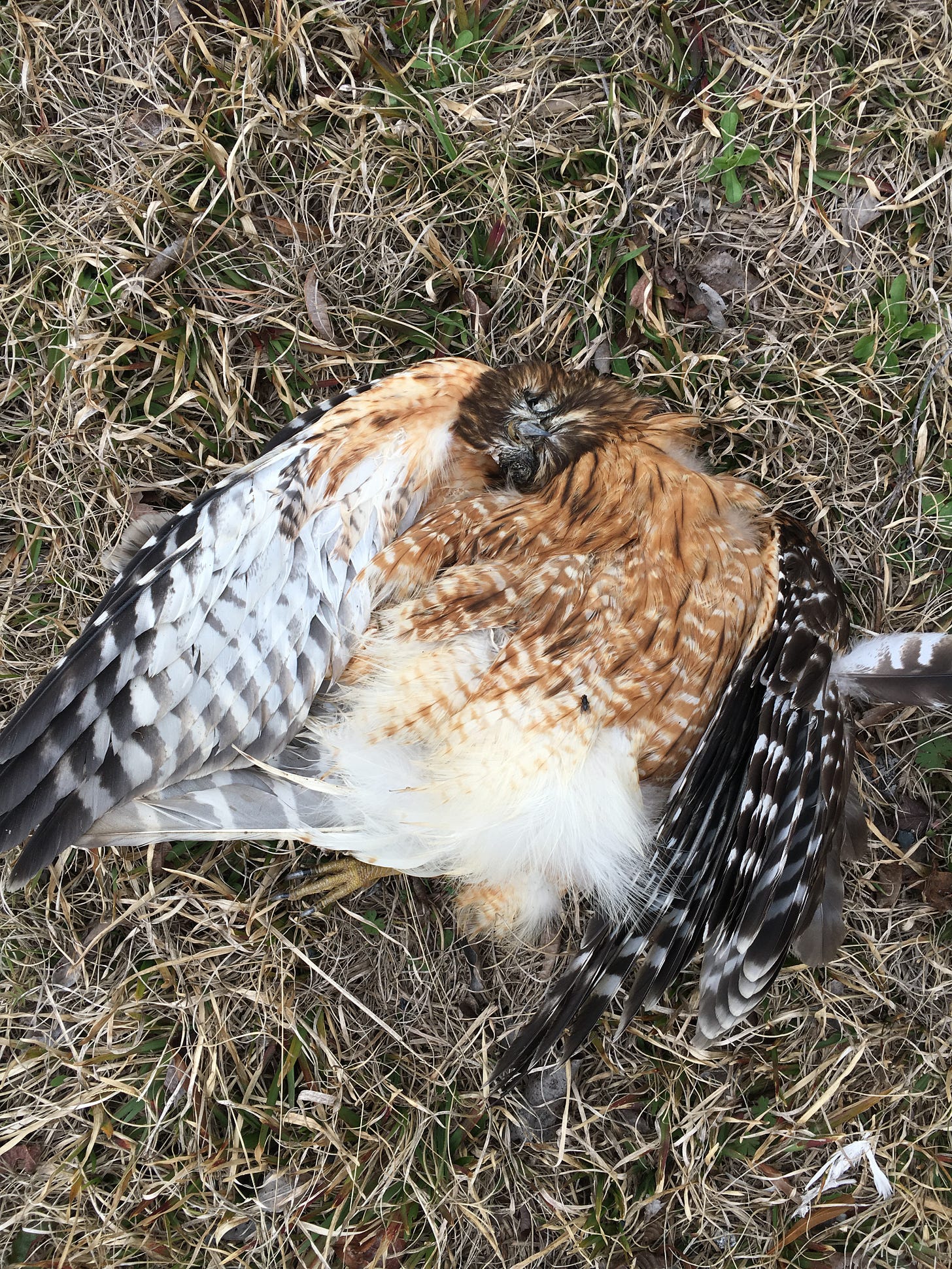Welcome to Tears of Things. My new writing project, heart rumblings, online journal, public musings. Thanks for stopping by.
Tears of Things is a translation of a latin phrase, sunt lacrimae rerum, “there are tears for things” which comes from Virgil’s Aeneid (I’ve never read it), and is one of the most scrutinized bits of texts in literature according to some scholars. I first heard it from Stephen Jenkinson, when I was a student of his in the Orphan Wisdom School between 2014 and 2017. When I heard this phrase something inside me cracked.
I knew what he meant. To me, life is often incredibly sad. There are tears for things, there are tears of things, tears of things, tears of things…. That to truly know a thing, any thing at all, is to know the tears of that thing. It made complete sense to me.
I’ve often joked in a no-really-I’m-dead-serious kind of way, that I came to this planet already steeped in sorrow and blessed/burdened by a highly sensitive nature. “Thin-skinned” is what I called it in late teens/early 20s, before #HSP was trending and you could check off a list in Elaine Aron’s wildly popular book The Highly Sensitive Person. As an adult in my 20s and 30s, I was told I suffered depression. At the age of 40 I paid $480 out of pocket to an “expert” when I suspected I might have ADHD or some other spectrum issue. She said yes, wrote me an letter of diagnosis for ADHD with autism spectrum symptoms and I never saw her again (not once mentioning the what I now think of as the questionable ethics of money in exchange for diagnosis). I remain skeptical. A year later, my new doctor administers another test and tells me that no, actually, I don’t pass any of the traditional markers for ADHD (could it just be MOTHERHOOD?????) telling me that I most likely have depression with anxiety and perhaps a “spectrum disorder” like sensory processing (a modern age diagnosis if ever I heard one), given my sensitivities to noise, sounds, lights, smells, and history of getting so flooded that I am known to fly off into fits of rage. Too few clinicians and therpaists over the years have ever said, “it makes sense given the times you’re living in.” Modern day therapy for too long as been obsessed with the individual’s psyche as if we live in a vaccuum were all that matters is what happened to us when we were 9. Modern psychology so rarely critiquing captialism, grappling with Earth grief, specie extinction, and other historical and poltical contexts. In Cindy Crabb’s wonderful zine Doris, (RIP), she wrote that depression is a sane response to the times we’re living in. Her tips of dealing with depression included getting outside into nature as soon as possible. I think that’s true too.
Meanwhile, rates of depression are skyrocketing. We are told we are living in the anthropocene (the age of humans) as well as the age of loneliness. Too few people know the name of Trees, Birds, Rivers, Fields, and Mountains just beyond their doorstep. Too few people bother to talk to these ones, heaven forbid say Hello to them. I think this is what’s perpetuating so much existential dread and loneliness in these modern times. Long gone are communal practices of grief, mourning, and even just being sad together seem to have gone by the wayside. (Though some brave folks are trying to create new rituals via events called Grief Lodges). Ever heard of the practice of keening? Well, it was wiped out in Ireland by the male priests, threatened as they were by the guttural wailing, the soul repairing sounds that only certain women of a certain age made over/about/for the dead.
“Sadness is the antidote to depression” - Stephen Jenkinson
Another thing Jenkinson told us while in the Orphan Wisdom School (OWS from here on out), is that “sadness is the antidote to depression,” beauty too. I think that’s true. Thus, Tears of Things is a love letter in devotion to all the things we are not grieving. Grief is still so taboo in our culture. Basic sadness is still so taboo. I know more people taking regular does of Lexapro than crying regularly with other people. Think about it, when was the last time you sat in a room and wept and wept and wept with other people? When was the last time you were simply quietly utterly just-sad with another person? What the fuck has happened to us?
So tell me- why aren’t you weeping?
The fact that I don’t regularly see people weeping in broad daylight troubles me to know end. These days I cry often in my car. Usually I break down right before I get to Interstate 5 coming from Sunset from Hannegan. I’m always hoping someone in the car behind me/in front of me/beside me will notice me shaking and wailing and mopping at my eyes with my sad too small for my globby tears dainty white handkerchief, and honk at me, only to have me roll down my window to their rolled down window lock teary eyes with one another and for the mom in her SUV/bearded bro in his Toyota Tacoma/the teen in her battered Honda, nod and say “i feel you sister. It’s rough out here right now.”
On a Thursday night recently I sat in my studio on a Zoom call with three other people. A small group of grievers gathered together in virtual time and space. We have sat together in this online way several times before, so this small gathering was a bit less structured, more time to speak our sadness out loud, more time for our tears to gather and spill, gather and spill, gather and spill together again. A central theme of our group is our love for this Earth and our More Than Human Kin we share this Earth with. When we first began gathering together, our facilitator asked us to begin to get to know someone we share our backyard/neighborhood with. I started spending more time with a Big Leaf Maple, whose moss covered rough gray bark my daugther loves to stroke, who I can see in all her seasons from my barn studio window. I also made a pledge to get to know Nooksack River better, but alas, have only made it to the river a handful of times in the past year.
Our human grief is informed and made real by our relationship or lack there of to the more than human world. Is it not our lack of relations to more than human kin that allows us to slaughter entire forests? To embalm bodies and then place them in non-compostable caskets instead of just letting us die and rot back into the earth from whence we came? There is a major cost to our human centered ways here in dominant North American society. Too few people are looking out their windows to mark Sun’s Rise, Sun’s Death every single day. Too few people hear barred owl hooting, notice Robin’s noisy return, Bald Eagle’s chirping. Too few people pause to let Squirrel or Bird or Opossum or heaven forbid Orange-Bellied Newt cross the road, though surely most of us would stop for Human to cross the road. Too few of us seem to realize the tears inherent to keep us alive- Wheat cut to make our bread, Eggs from Chickens, Milk from Cow for our cheese, Bacon from Pig etc, and all of the low paid farm labor that goes into our food systems so we can eat and eat and eat and stay alive. The myth of human supremacy that currently dominates the United States and much of the industrialized world, is one of the most terrifying stories alive right now.
Sometime people wring their hands and say “Yes, yes, I know how bad it is, but what can I do?” This sense of urgency I’ve now learned is one of the key characteristics of white supremacy culture as written by Tema Okun. I’ve acted out of that sense of urgency time and time again- which I’ve come to think of as a type of malnourished reflex or unachieved grief muscle- the consequence too of being bombarded by grief stricken headlines and algorithmic fed trauma porn.
Writing can be a tool to temper that sense of urgency, and that’s my thought going into writing this newsletter. To have a space to think out loud. In that way writing is doing something. I’ve been incredibly inspired by Dr. Kim Tallbear’s assertion (in an podcast interview on All My Relations) that writing, especially in the form of a blog, like her Critical Polyamorist blog (which has since moved to a Substack called Unsettle) is an especially feminist thing to do. I also see it as another push back against white supremacy culture, since perfectionism is major tool of that culture, and blogging, pushing some writing out into the world that’s just from my heart, is a way to push back against perfectionism by just getting some writing out into the world sooner rather than later. If writing and thinking deeply about things, and how things came to be, weren’t incredibly powerful and radical then certain ways of knowing, i.e. critical race theory, and subjects like gender and sexuality wouldn’t be constantly on the chopping block, threatening as they are to the politicians and billionaires at large.
On Instagram I follow pages of accounts whose activist/artist/creative/academic/poet/birthworker/writer/herbalist creator(s) often echo my sentiments. Though when I go outside in my every day life I am often starved for deep real sorrow tinged conversations. Why is this? Again, I think it’s because our grief muscles are so unpracticed. Too few people want to drop into that space for very long. Instead, when we speak out loud to our families, our colleagues, our groups, our friends, our accountability groups, co-workers, board members- our sorrows about these times come out as matter of fact, complaints, mild or not so mild grievances, anger, and typically, those things get spoken and then shut down very quickly. Though rage too is a form of a grief, and one that especially for women (even more so for black women) is so often undercut, gaslit, that we begin to doubt this fire burning in us that so often clearly and loudly tells us we have been fucked. Often once things are aired though, or expressed, there rises up this softeir messier being- Sadness. This one are so resistent to show to other people. The tender belly of our vulnerable human condition.
Tears of Things is of course, (if you haven’t already guessed) really about LOVE. For why else would my heart break when I saw my beloved Sycamore tree behind my college apartment at 1807 Wheat street had been cut to their knees? That Sycamore kept me company on countless lonely nights, and I would sleep with the blinds open so the shadows of Sycamore’s leaves and branches could caress my darkened blank walls. Why else would I start weeping when I run across this hawk dead on the side of the road in a rural area where my parents live which is quickly changing due to a massive dog food plant, so now there are 18 wheeler trucks barreling down the quiet country roads at all hours of the day, which is who I think hit and killed this haw; did the truck drive even pause once hit and killed Hawk? What would change in the fabric of things if he had stopped, gotten out, said some words of regret and sadness, prayerful words to honor that Hawk’s life?
I want to say that Tears of Things isn’t going to just be about sadness but that it’s also always about sadness. That sadness to me is the consequence of living fully and deeply. That maybe we need to figure out how to just feel more. But we’ve all got to make it through our days and sometimes the weight of this culture makes it so we absolutely need to numb out, escape, and dream, all of which are part of the human experience if you ask me! So this will also be about joy and beauty and pleasure. Expect writing on the Tears of Things’ Patron Saint Unawares - a poet singer who knocks me off my feet every time she puts out a new album (which is not regularly) and I absolutely hope to see in concert before I die, to writing on sexuality and non-monogomy as a mother and wife, to writing about my pandemic-induced Poshmark addiction and my lifelong love of thrift stores, to writing about life on the west coast and all the problematic and amazing hippie new age shit I have done and been a part of, to reckoning with my loss of ancestral roots/what it means to have grown up in the South, and white supremacy’s legacy in my own life, family, and neighborhood.
It’s taken me several months to launch this newsletter. I hemmed and hawed. I started multiple drafts of this post and then deleted them all to start over again and have ended up with what I’ve got here. Imposter syndrome and perfection culture are hard beasts to totally get off ones back. But I turned 41 yesterday, and everyone keeps telling me that my 40s even more so than my 30s are the time to just continue to care for ourselves and take creative risks. So launching this now in conjunction with the Spring Equinox is a birthday gift to myself. Maybe Spring is not quite to your door step like it is here in the pacific northwest/western WA, so let me leave you with the song of our native Pacific treefrog (Pseudacris regilla) who are daily reminding us it’s SPRING, it’s breeding season; their exuberant chorus at Spring’s return filling the air. Turn that volume up loud and you’ll get a sense of what it sounds like in my backyard (10 acre of fields) right now! May Frog’s song remind you too of who’s excited to be alive in your own backyard and how important their song is to all of our wellbeing.






